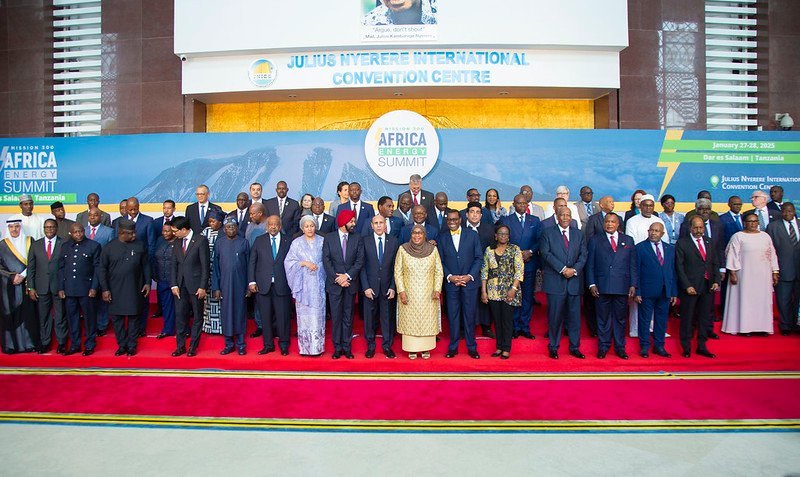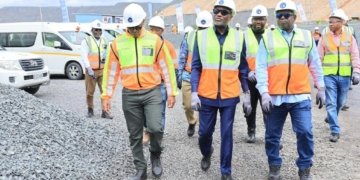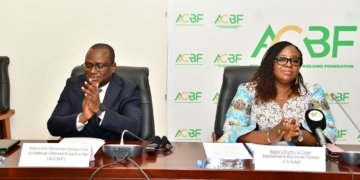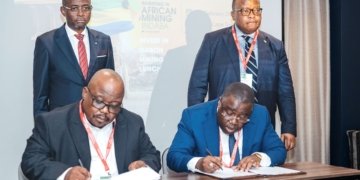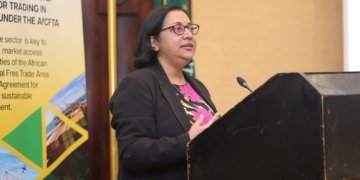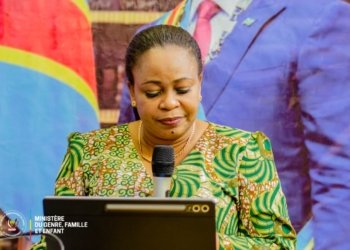DAR ES SALAAM, Tanzania (BG) – African nations have pledged to expand clean cooking solutions to curb the deadly effects of open-fire cooking, which causes approximately 600,000 deaths annually.
At the Mission 300 Africa Energy Summit in Tanzania on Jan. 27-28, 2025, 12 countries signed energy compacts to accelerate access to electricity and clean cooking, aligning with U.N. Sustainable Development Goal 7 and the African Union’s Agenda 2063, the African Development Bank Group (AfDB) said in a statement Saturday.
In her closing remarks, Tanzanian President Samia Suluhu Hassan emphasized the importance of collective action.
“The 12 governments have only pioneered, and many others will join us in the future,” she said.
Tanzania has emerged as a leader in promoting clean cooking solutions. Dr. Richard Muyungi, special envoy to the president, outlined Tanzania’s National Clean Cooking Strategy (2024-34), which aims to transition 80% of the population to clean cooking by 2034.
Muyungi said that Tanzania loses 3,000 lives annually and faces 400 hectares of deforestation due to reliance on charcoal and firewood.
Private Sector and Innovation
Private sector leaders showcased groundbreaking technologies at the summit. Peter Scott, CEO of Burn Manufacturing, Africa’s largest clean cooking manufacturer, stressed the need for carbon credit regulations to unlock funding for clean cooking projects.
“There’s a lot of money standing by to approve carbon credit regulations to allow carbon trading, carbon finance, to grow,” Scott said.
Martin Kimani, CEO of M-Gas, introduced a pay-as-you-cook LPG model, enabling low-income households to access clean cooking without upfront costs.
Using IoT-enabled smart meters, M-Gas customers can cook for as little as 35 cents per day.
The AfDB pledged $2 billion over 10 years for clean cooking initiatives. AfDB President Akinwumi Adesina highlighted the urgency of addressing Africa’s energy crisis.
“Why should anybody have to die just for trying to cook a decent meal?” he asked. “Africa must develop with dignity, with pride.”
The AfDB’s commitment is a key step toward meeting the $4 billion annual funding requirement to ensure universal clean cooking access in Africa by 2030.
Turning Pledges Into Action
With political backing, private sector innovation and financial commitments, the summit marked a milestone in Africa’s clean energy transition.
The challenge now lies in turning these pledges into action to ensure clean cooking solutions become accessible, affordable and sustainable for millions.

